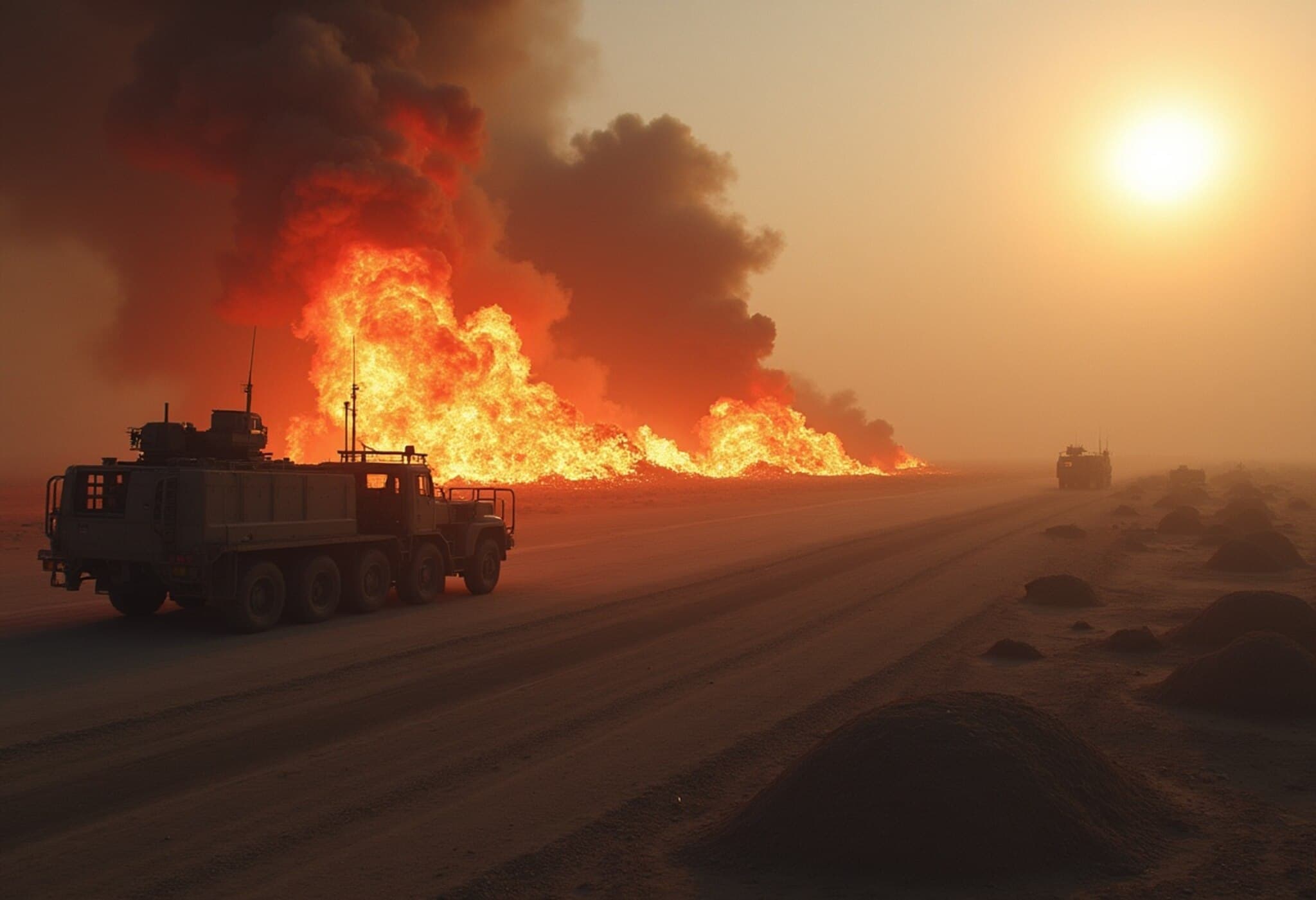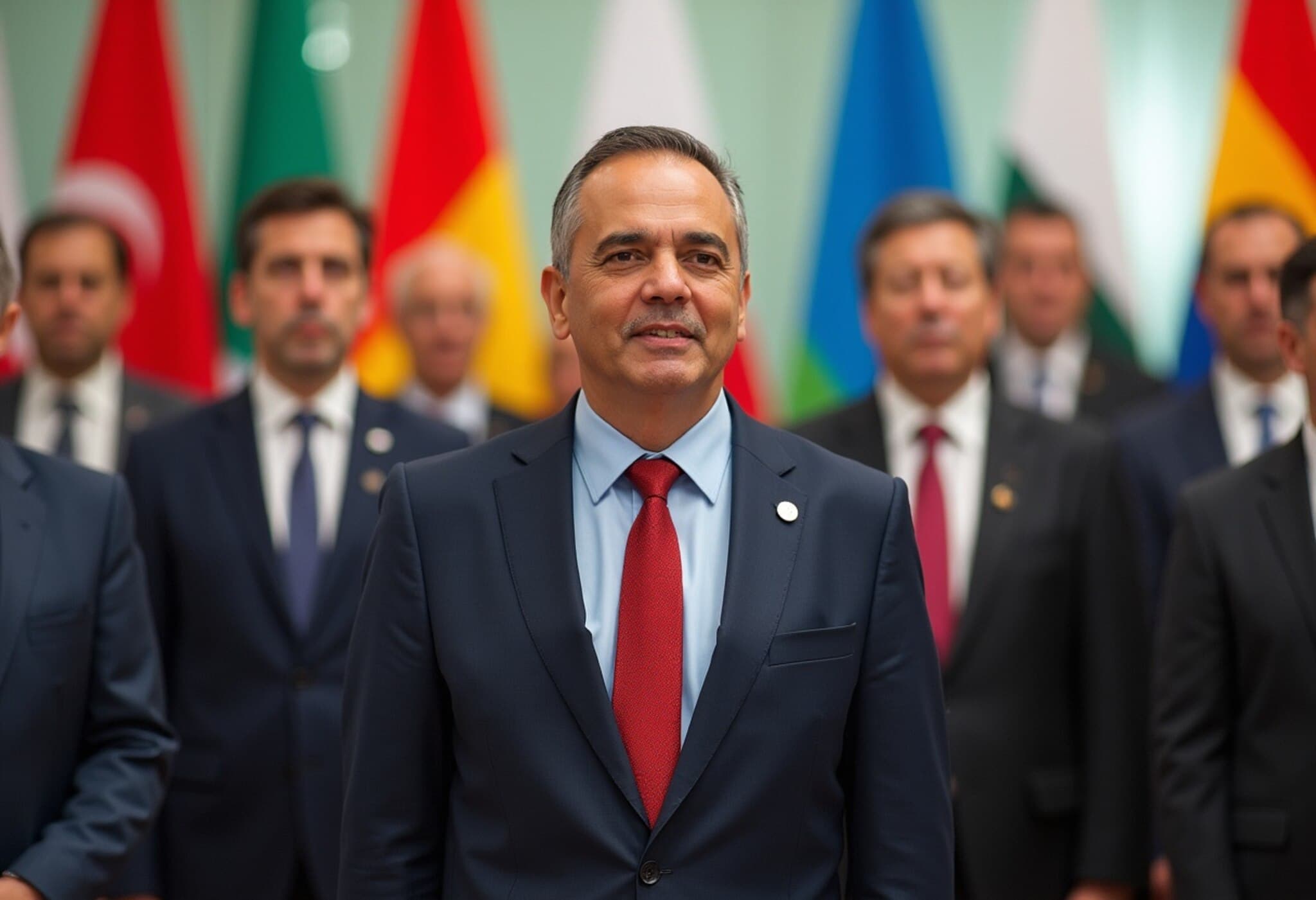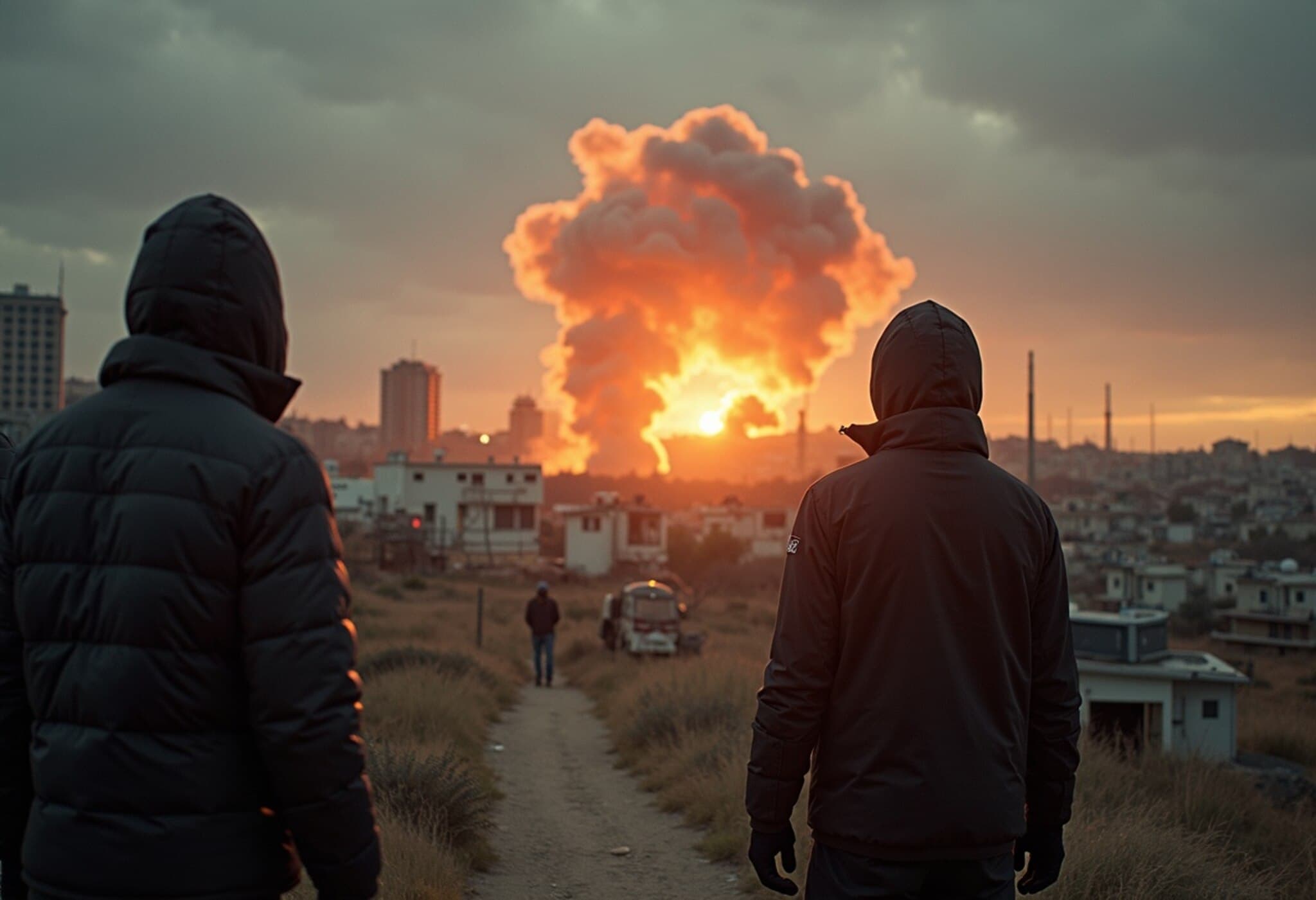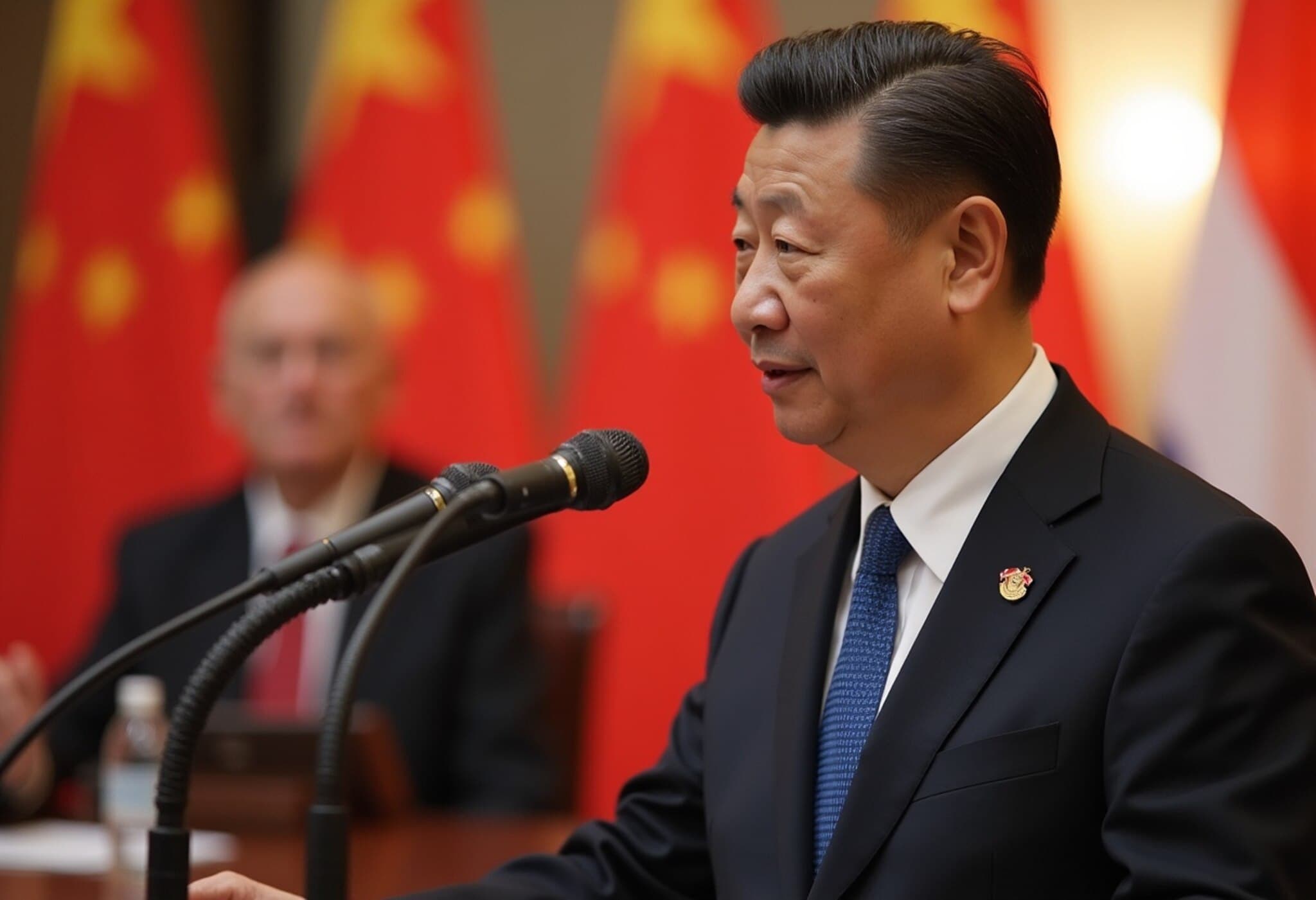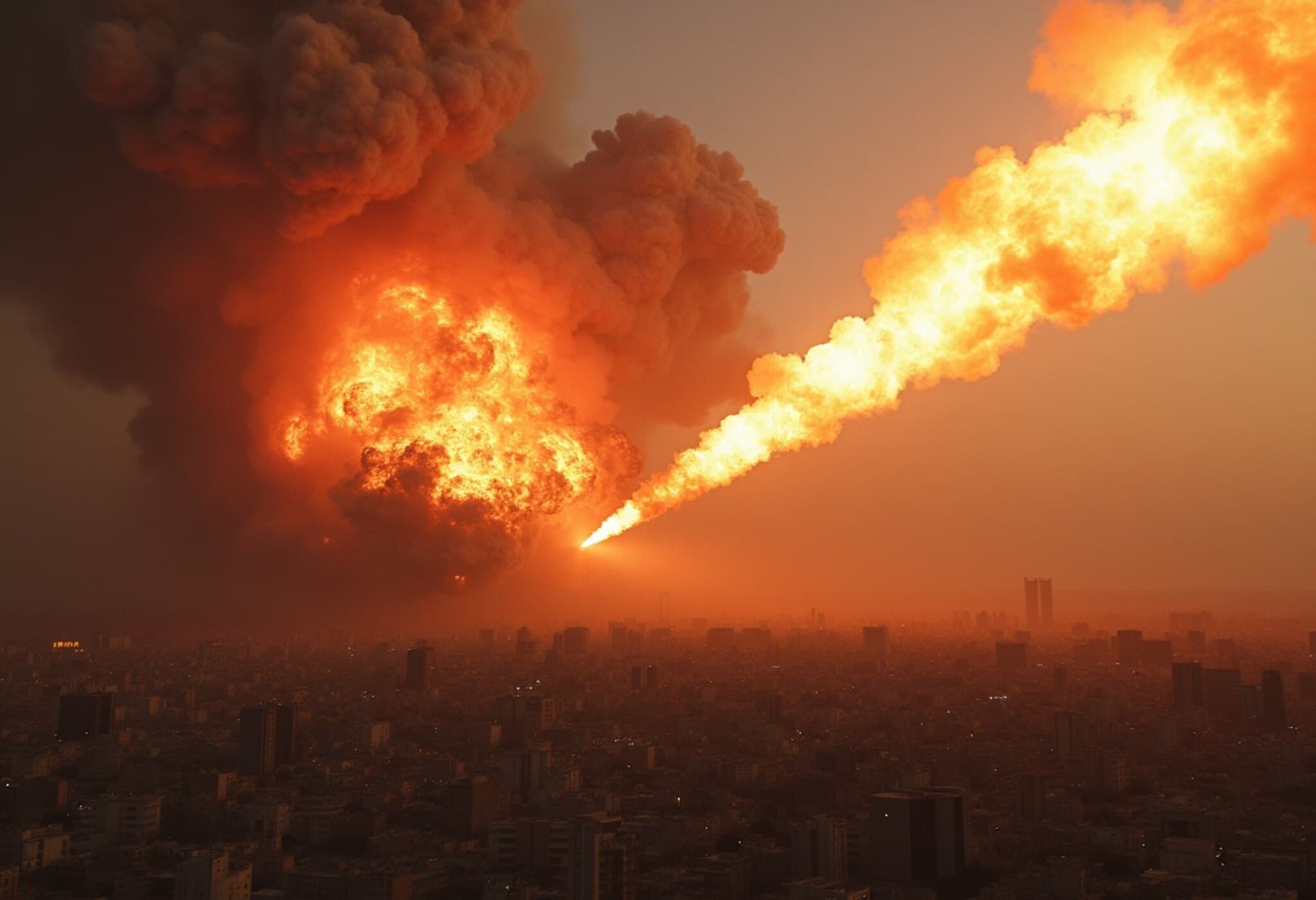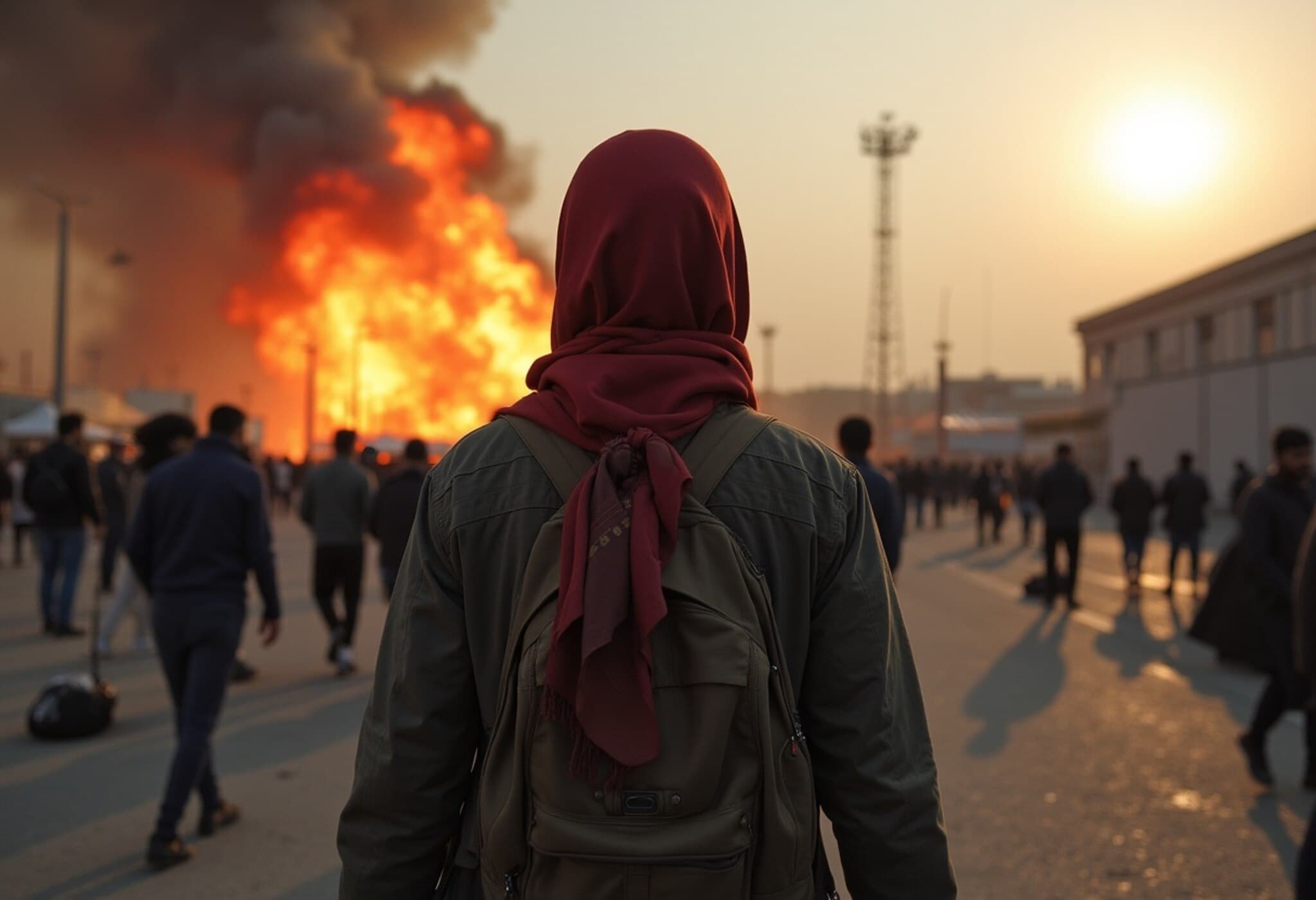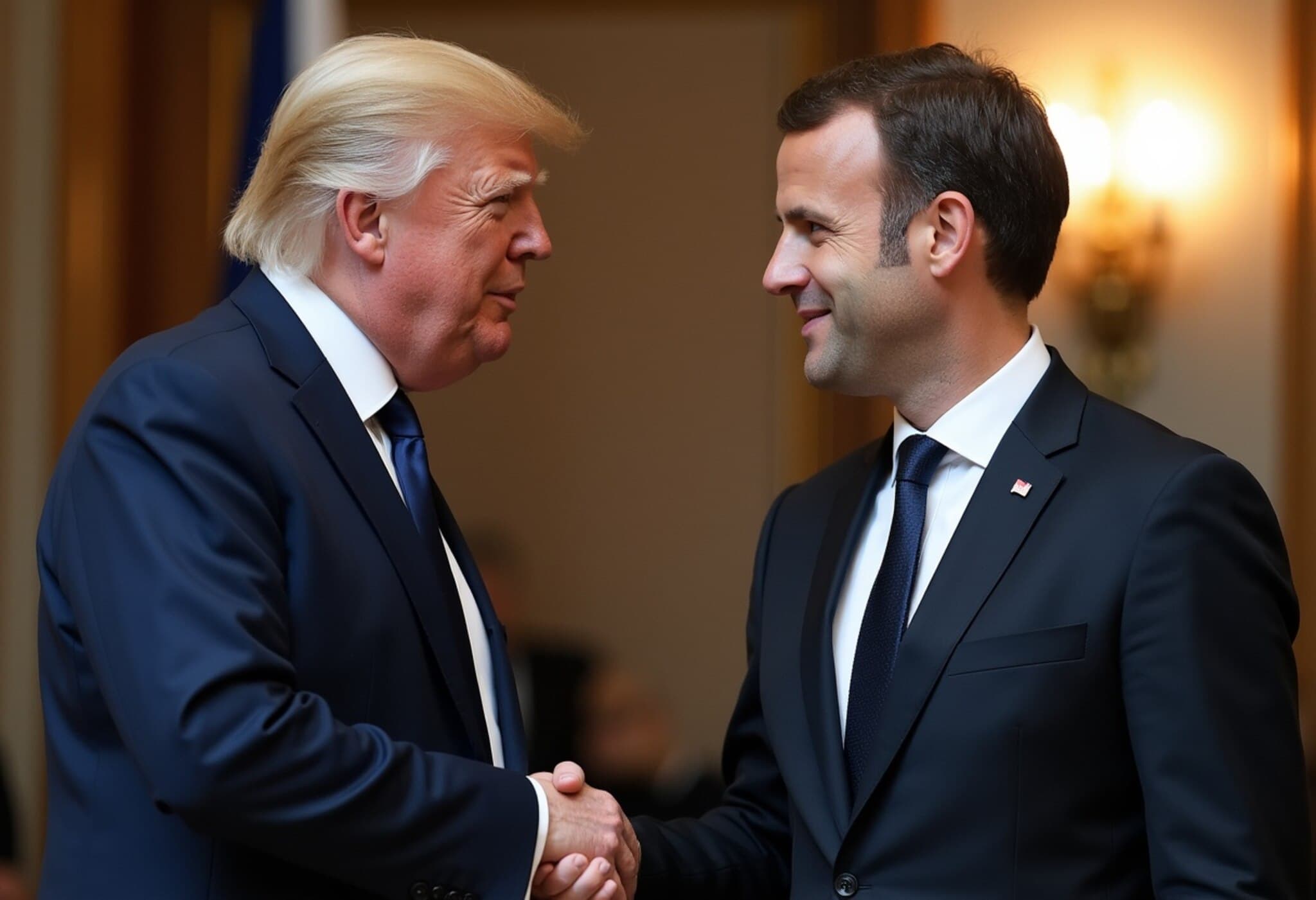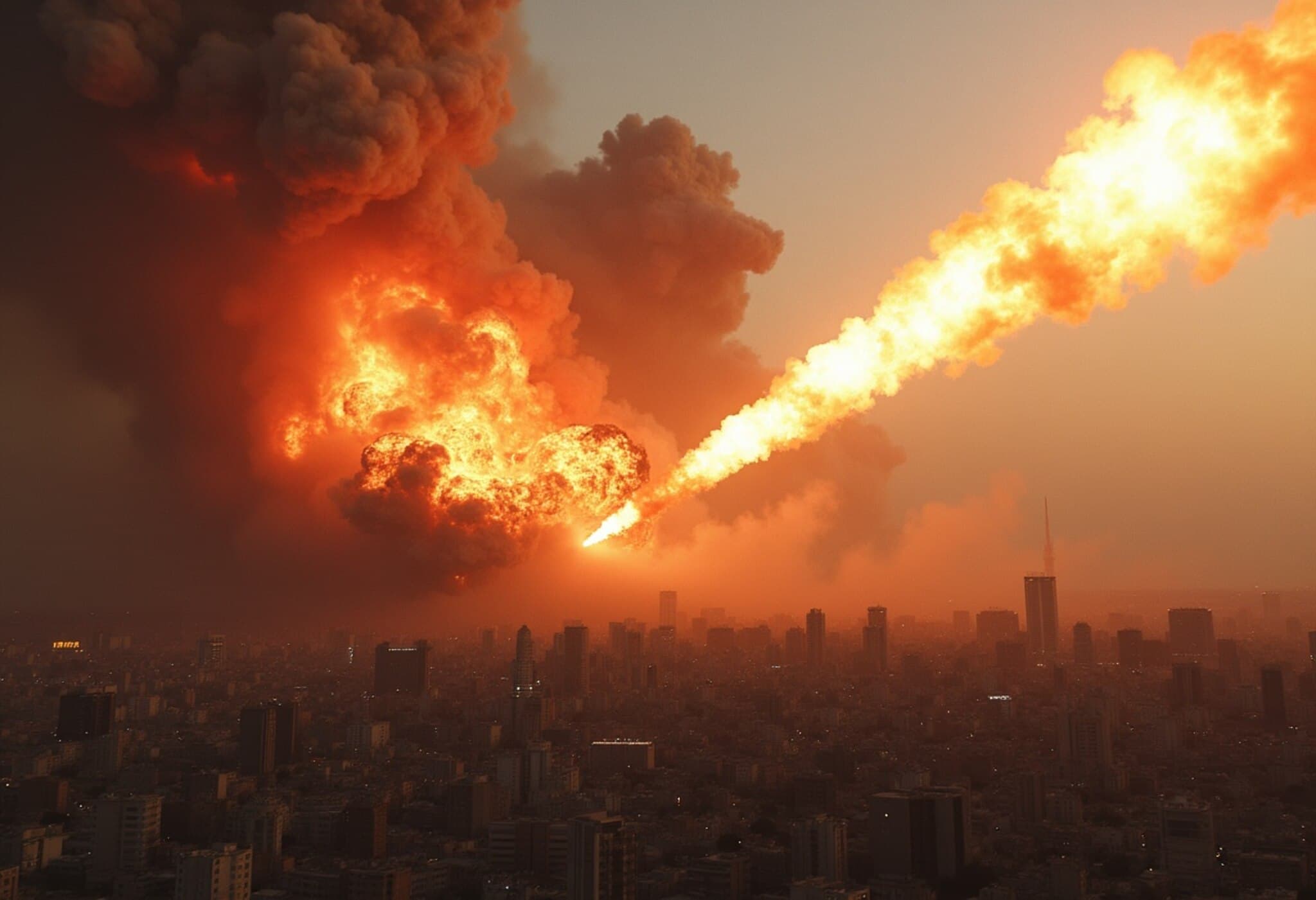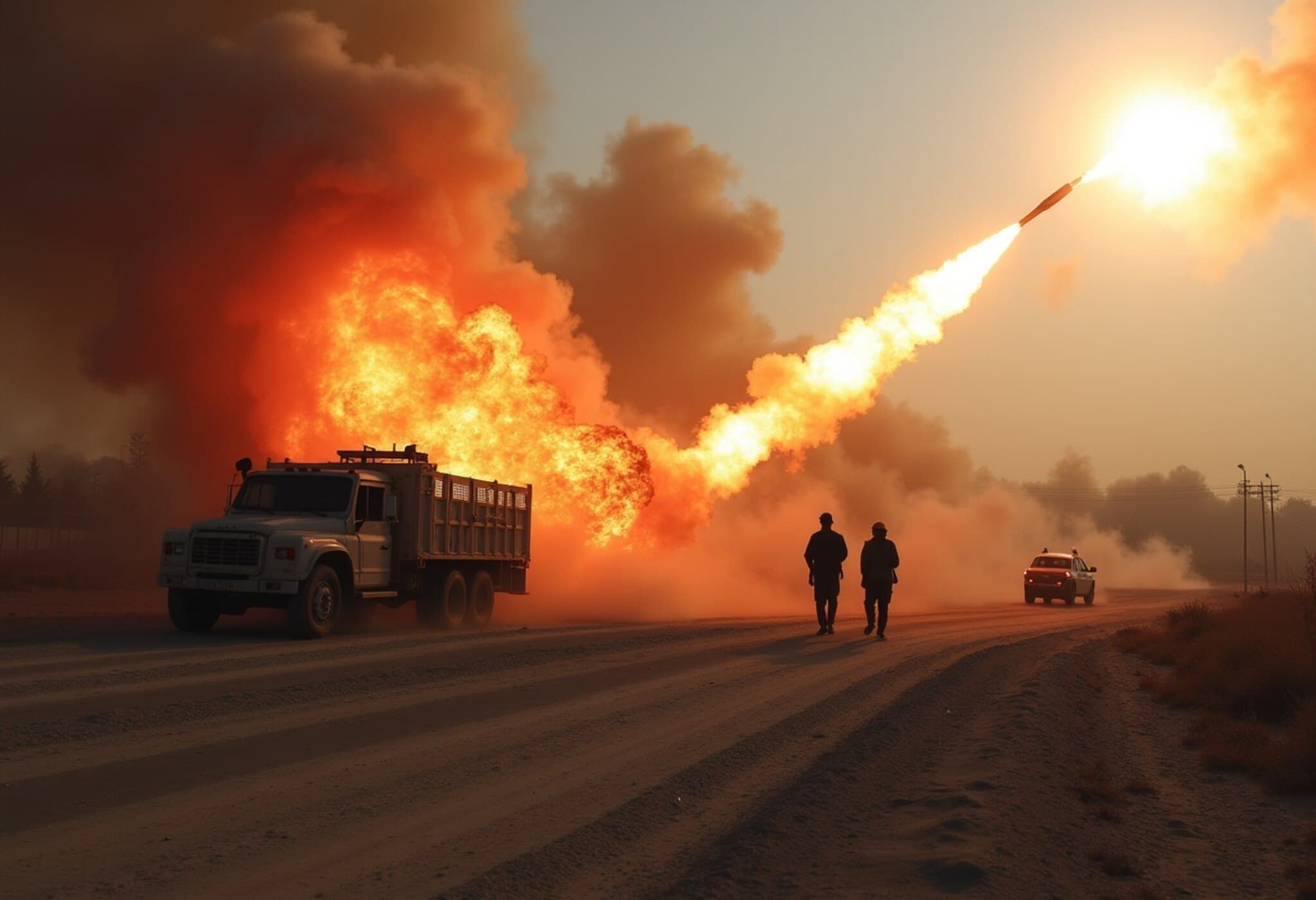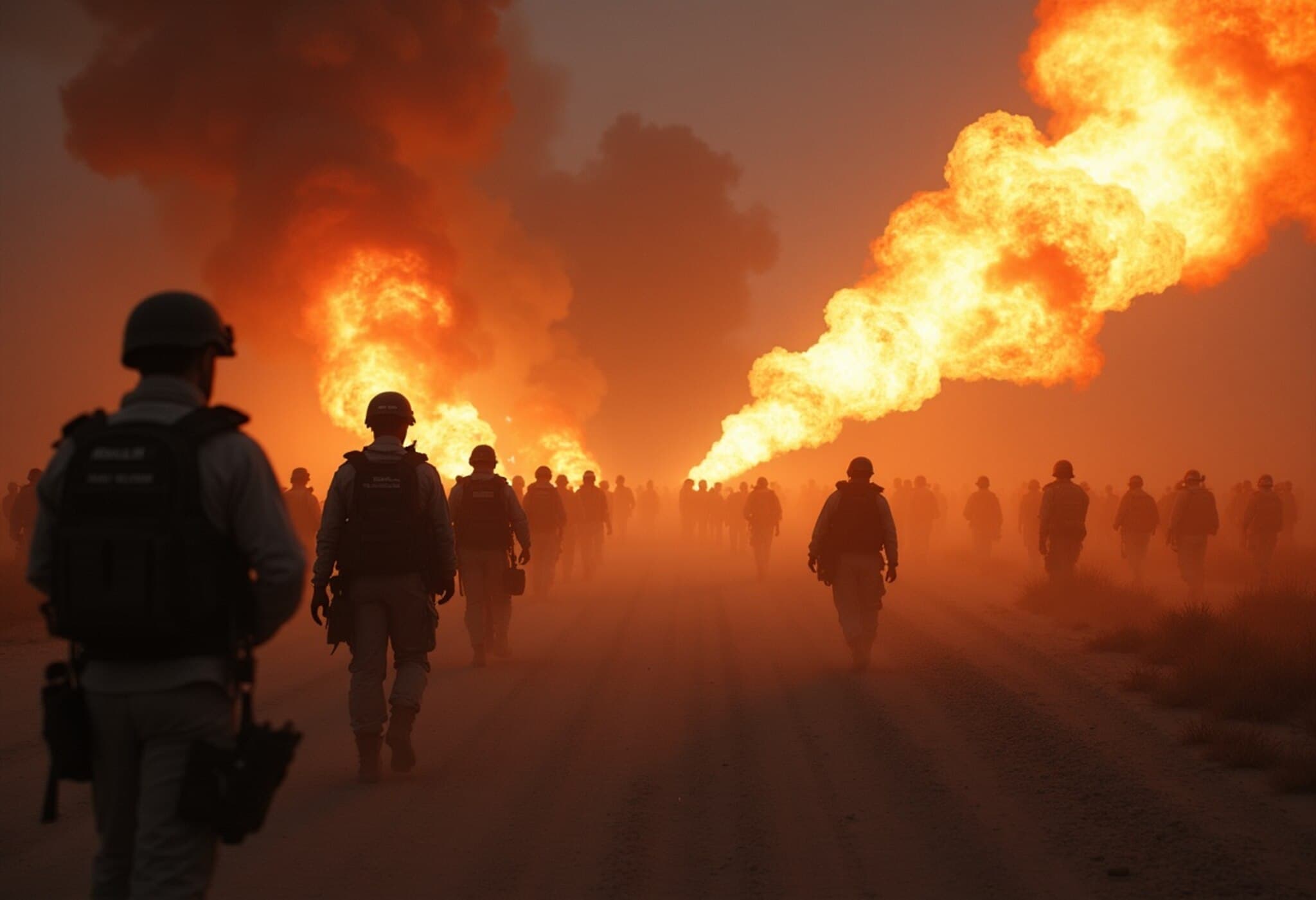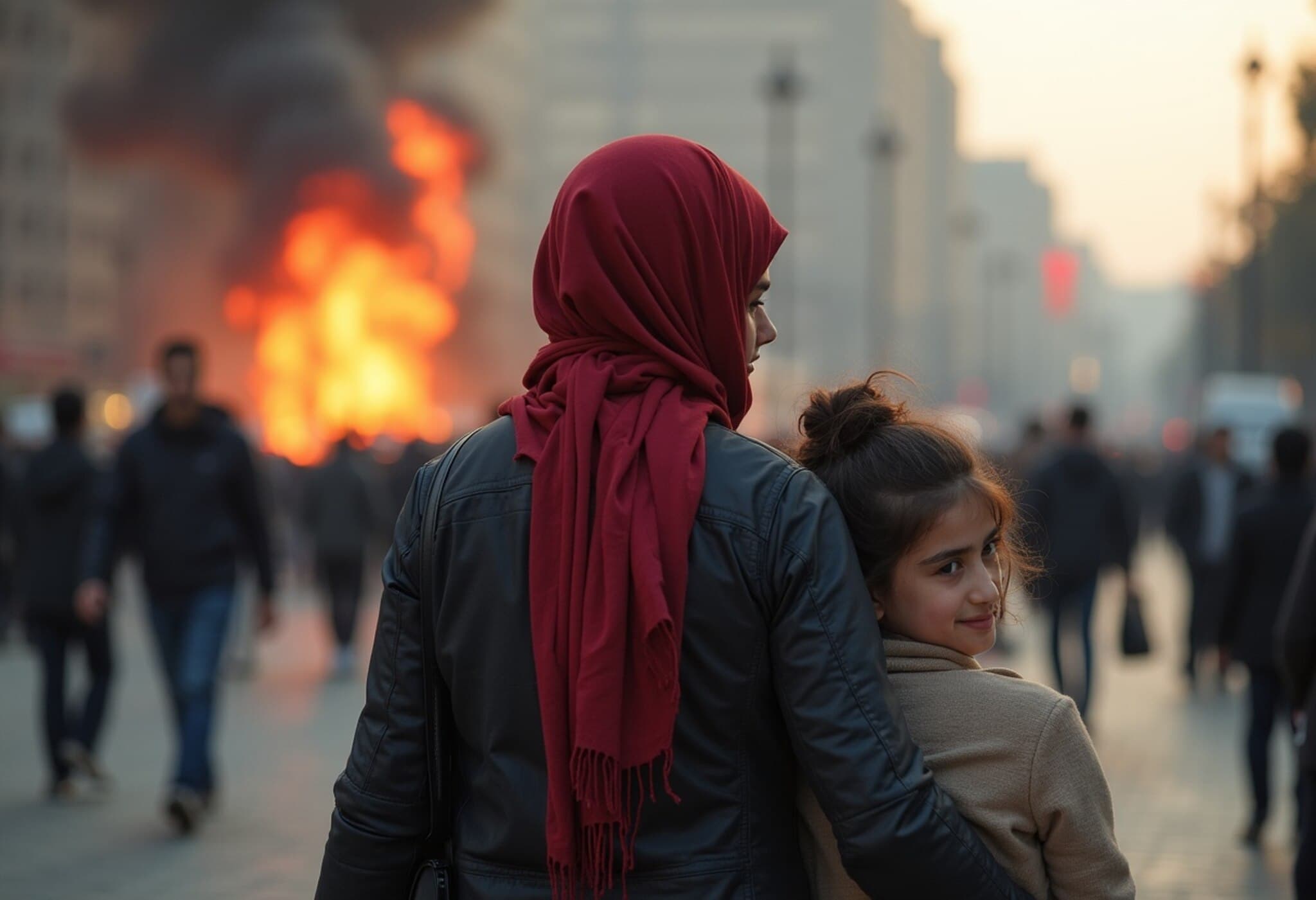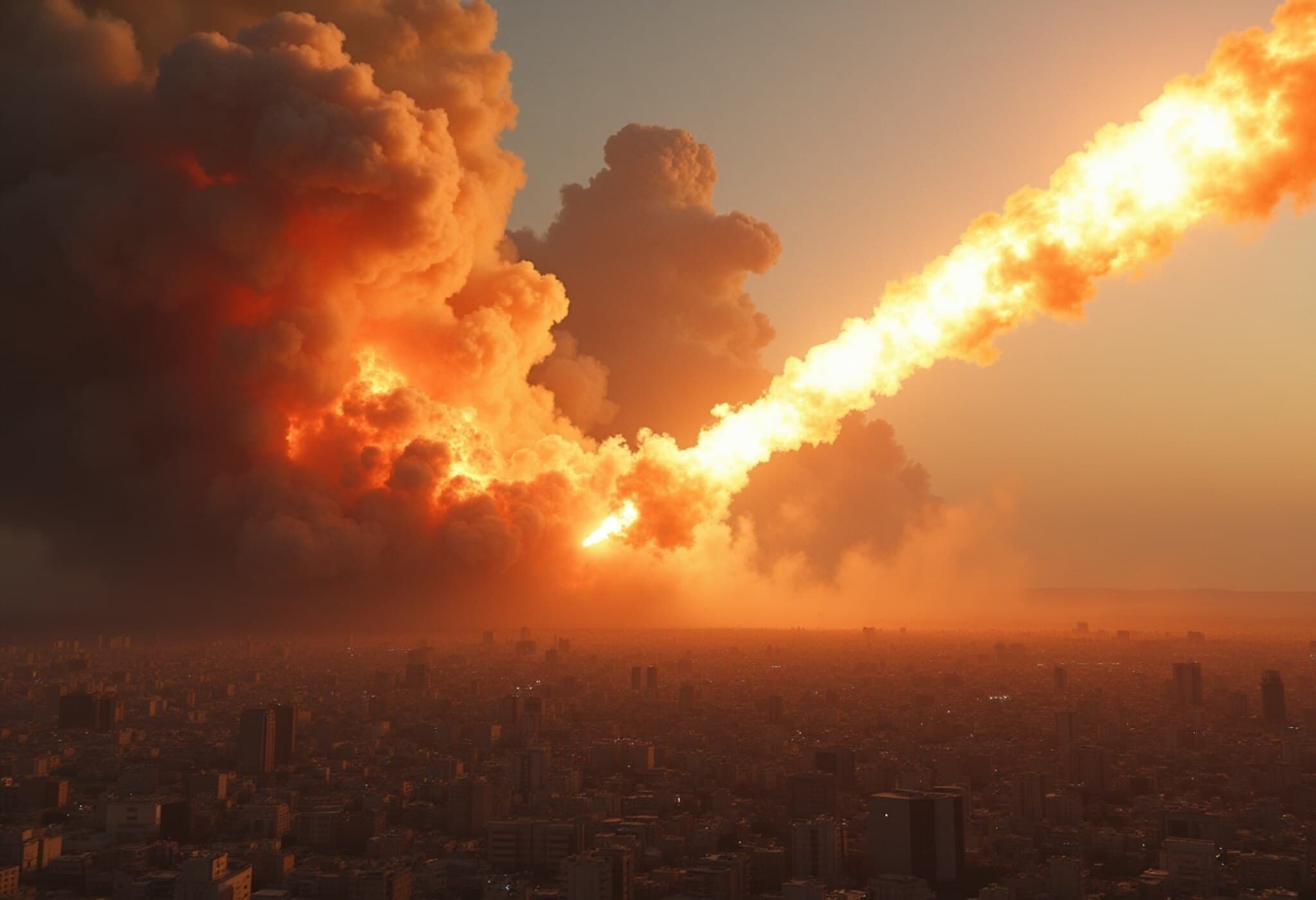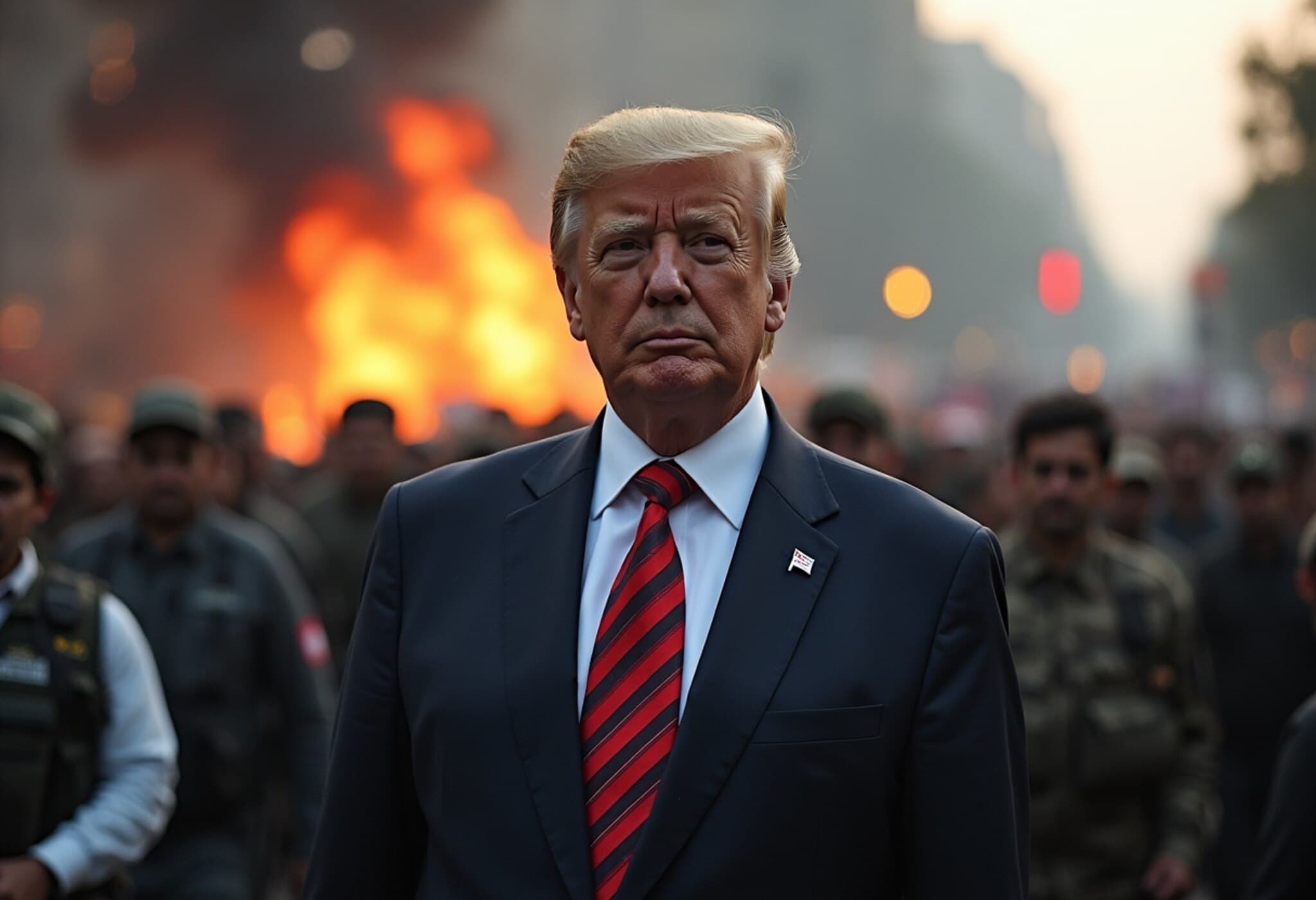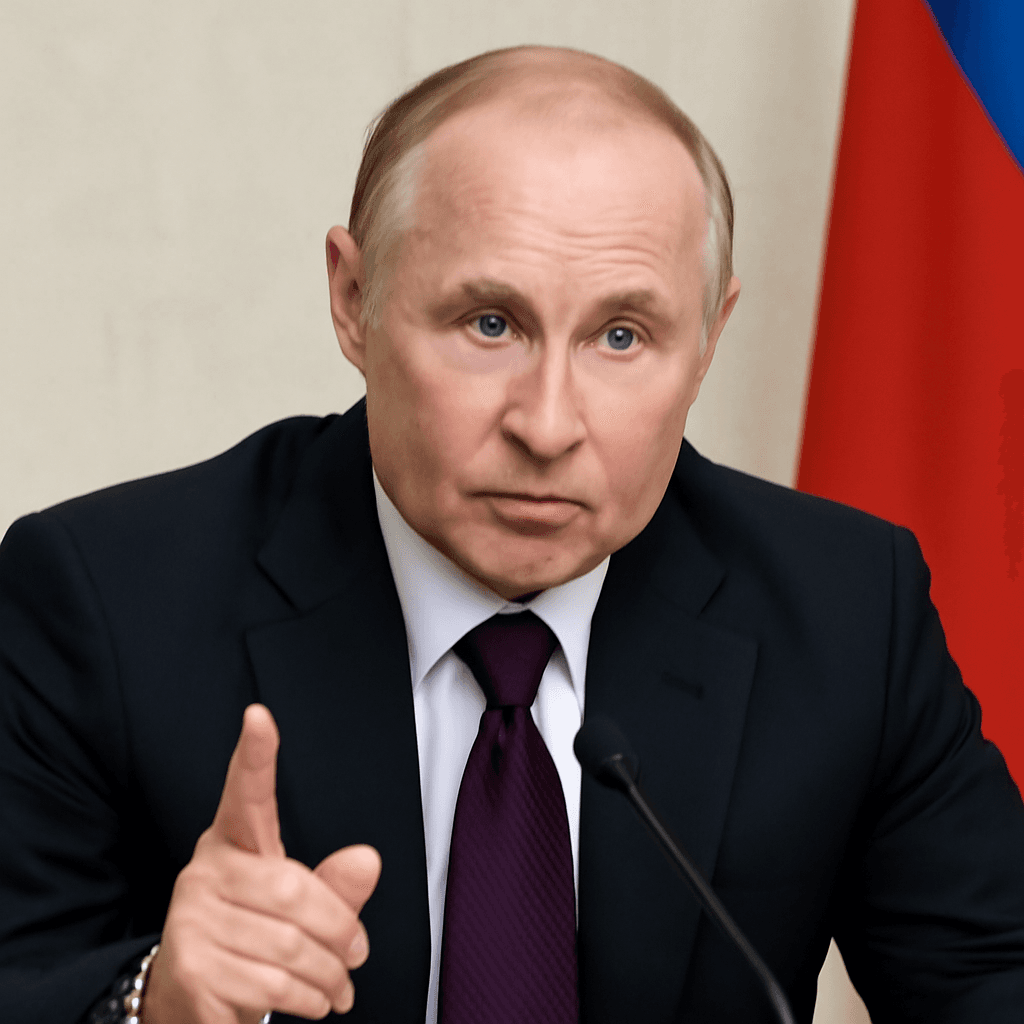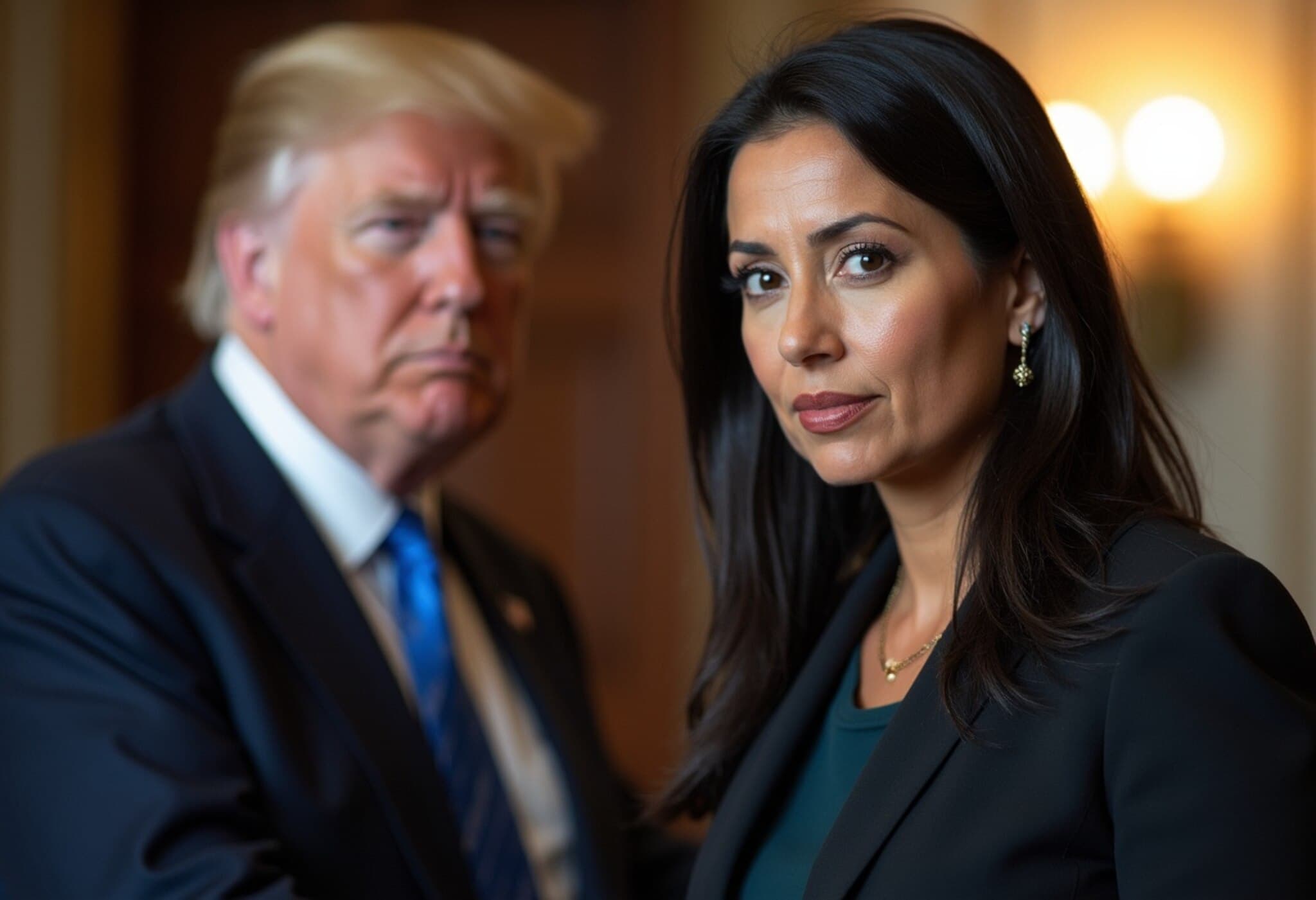Iran Appeals to India and Pakistan Amid Rising Regional Tensions
In the wake of escalating conflict between Iran and Israel, a senior Iranian diplomat has called on India to condemn what Tehran describes as "Israeli military aggression." Mohammad Javad Hosseini, deputy chief of mission at the Iranian embassy, emphasized that such attacks violate international law and should be opposed by responsible nations.
Iran’s Expectations from India and Pakistan
Addressing the international community, Hosseini underscored India’s prominent role as a leader of the Global South and expressed Iran’s hope that New Delhi would take a principled stand against Israel’s actions, regardless of existing diplomatic ties.
When questioned about Pakistan amid recent speculation that the United States might seek to use Pakistani military bases to target Tehran, Hosseini urged Islamabad not to engage in activities detrimental to Iran’s interests. This statement followed Pakistan Army Chief Field Marshal Asim Munir’s meeting with the US President, fueling concerns about potential military cooperation against Iran.
Escalating Conflict and Strategic Implications
Iran and Israel have launched hundreds of missile and drone strikes against each other’s cities and military sites over the past week, intensifying the volatile situation in the region.
Regarding the Strait of Hormuz—a critical chokepoint through which nearly 30% of global daily oil consumption passes—Hosseini refrained from a direct answer about possible closure plans but acknowledged that various options remain on the table depending on how the conflict evolves.
"We have many options, but that doesn’t mean we will act on them immediately," Hosseini remarked. "If a resolution is possible, some of these measures may be set aside." The Strait’s disruption would undoubtedly have far-reaching effects on global oil markets, according to energy experts.
Regional Impact Beyond Immediate Conflict
Concerning Iran’s strategic Chabahar port, Hosseini warned that any escalation could disrupt the flow of energy and commodities, impacting the wider region’s economy.
"The challenges aren’t confined to Chabahar; they encompass the entire region," he explained. "Rising tensions will affect shipments and oil flows, carrying economic repercussions that could ripple beyond borders." He urged countries likely to be affected to advocate for de-escalation to avoid broader economic consequences.
Calls for Diplomatic Solutions
Amid rising fears of deeper conflict, Iran's diplomatic messages stress that continued aggression risks destabilizing the region economically and politically. The message is clear: international stakeholders should seek to halt hostilities and promote dialogue to safeguard both regional stability and global economic interests.

